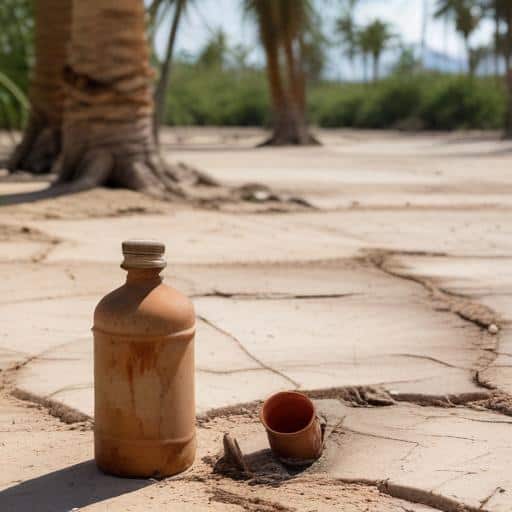A new report from the Community Water Management Plus (PAcWaM+) highlights a troubling decline in access to clean water and sanitation in the Solomon Islands. Since the 2000s, the situation has worsened, with 33 percent of the island’s population lacking access to basic drinking water and 65 percent without adequate sanitation facilities.
The report indicates that rural communities are particularly hard hit, with 35 percent relying on unprotected water sources and a staggering 82 percent utilizing unsatisfactory sanitation services. These findings place the Solomon Islands among the lowest-ranking countries globally for rural access to drinking water.
Inadequate access to safe water is linked to significant public health challenges, including the spread of communicable diseases and conditions related to malnutrition. As noted in the report, inadequate sanitation plays a critical role in the prevalence of various diseases such as diarrhea, typhoid, leptospirosis, and respiratory infections, which disproportionately affect children. The report also highlights extreme rates of childhood stunting, with 33 percent of children under five in the Solomon Islands experiencing these serious growth issues.
Challenges faced by water committees (WCs) in the Solomon Islands are significant. Many struggle with operational inefficiencies due to factors including a lack of active management, insufficient financial resources, and limited technical capacity. As a result, these committees often adopt reactive approaches rather than proactive measures to maintain essential water supply systems.
The government’s Rural WASH Programme (RWASH) oversees these initiatives, aiming to enhance water supply and sanitation services in rural areas through a collaborative framework involving various stakeholders, including the Ministry of Health and Medical Services and local NGOs. RWASH is responsible for regulating national water and sanitation standards, alongside coordinating on-the-ground training and project oversight.
This ongoing situation in the Solomon Islands echoes broader issues highlighted in neighboring regions, particularly in Fiji, where a significant portion of the population also lacks access to proper sanitation, exacerbating public health crises. However, both countries are actively seeking solutions to improve facilities and public health outcomes, showcasing a commitment to enhancing living conditions for their populations.
Given the interconnected nature of water access and overall health, there is a hopeful outlook for future improvements as initiatives and collaborations improve the sanitation infrastructure in these Pacific nations. With continued investment and community involvement, the potential for healthier communities remains strong, fostering resilience and better quality of life for these vulnerable populations.

Leave a comment